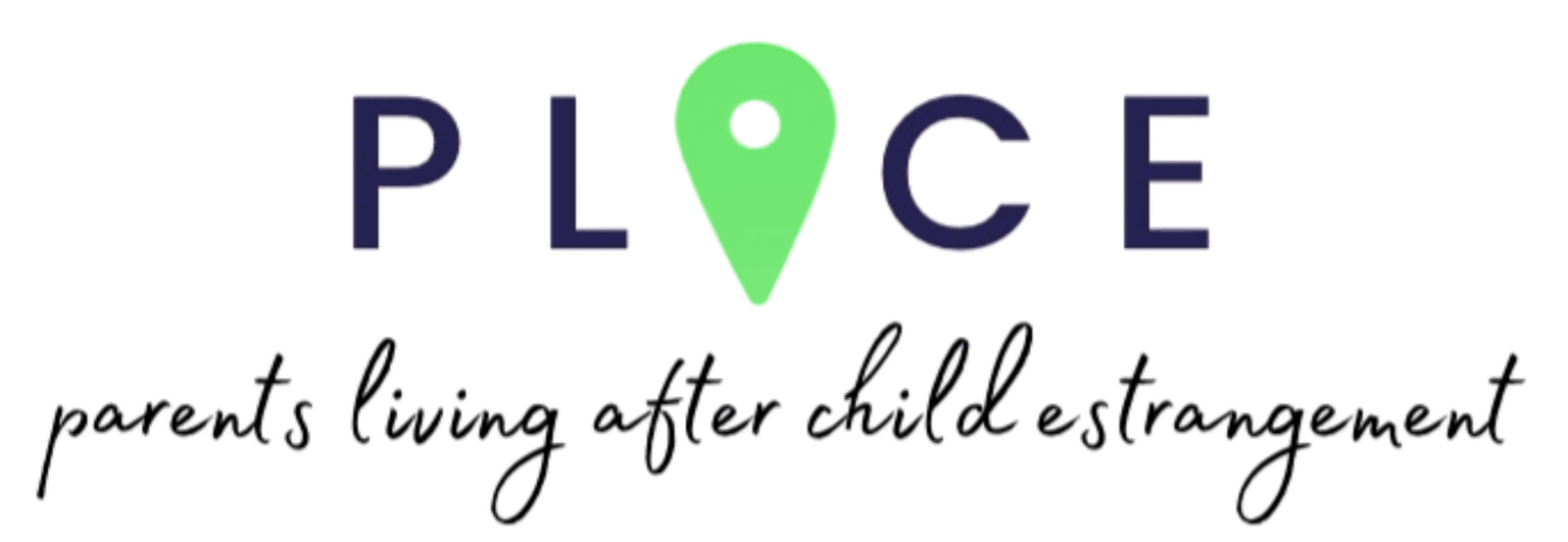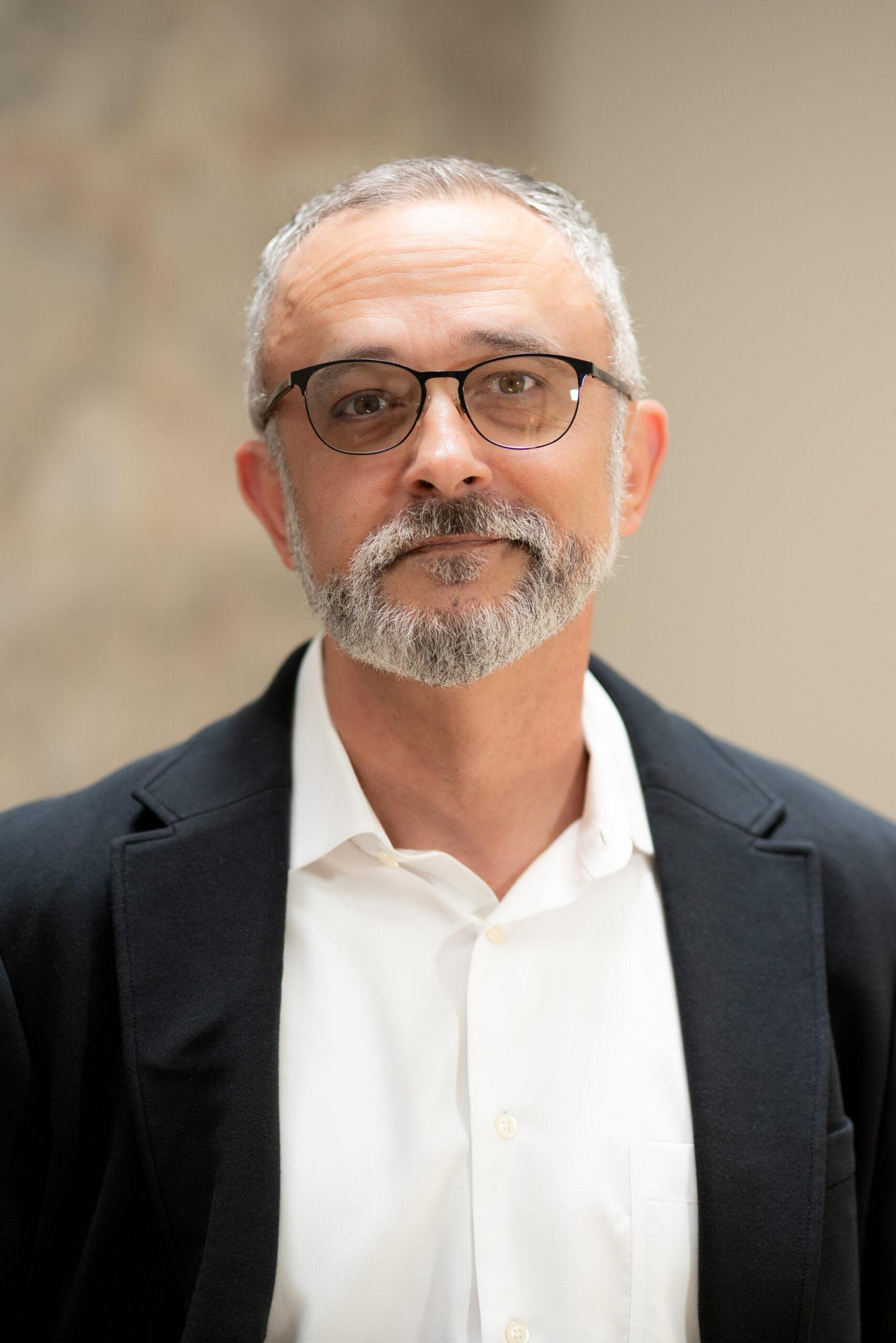By Brian Briscoe, LPC, LMFT
Founder of PLACE – Parents Living After Child Estrangement
You never expected it to end like this.
No final conversation.
No chance to apologize or explain.
No warning. Just silence.
For many parents experiencing child estrangement, the most painful part is this: the loss without closure.
It’s not like a death. It’s not like a breakup. It’s a limbo—a confusing, surreal space where grief lives without a beginning or end. You’re mourning someone who is still alive but won’t speak to you. And the rules for this kind of grief? They don’t exist. Not in our culture. Not in traditional therapy. Not even in the language we use.
I created PLACE because this kind of pain deserves to be seen, supported, and understood.
Let’s talk about what loss without closure really means—and how you can begin healing even when the story feels unfinished.
What Does “Loss Without Closure” Really Mean?
Closure, in a traditional sense, implies some kind of resolution. An event that allows you to say, “This is the end. Now I can begin to move forward.” But with estrangement, there’s no clear end point. Often, there’s not even a moment that marks the beginning.
It’s a slow unraveling—or worse, a sudden disappearance. One day they stop calling. One day they block you. One day you hear second-hand that they’ve decided you’re no longer in their life.
And that’s it.
No explanation.
No room for repair.
No goodbye.
Why Lack of Closure Hurts So Much
Human beings are wired for connection. And we’re wired for meaning. When someone close to us leaves, especially a child we’ve raised, our brains naturally search for:
- What happened?
- What did I miss?
- How do I fix this?
But without answers, that search can become obsessive. You replay every conversation. You dig through old texts. You punish yourself with “what ifs.” And the worst part? There’s often no reply. No feedback. Just… silence.
That silence becomes its own kind of cruelty. It leaves you with:
- Unfinished stories
- Unspoken apologies
- Unanswered questions
In therapy, we call this ambiguous loss—a type of grief that defies the normal rules of mourning. It creates what feels like a never-ending loop.
Grieving Without Goodbye
In my work at PLACE, I help parents name what they’re going through:
“You are grieving. It’s just not the kind of grief most people recognize.”
And that recognition alone can be healing. Because the world might tell you to “move on” or “wait it out,” but ambiguous loss demands something different. It demands compassion, structure, and intentional healing.
Here are the steps I often walk through with estranged parents dealing with loss without closure:
1. Validate the Grief
You don’t need anyone’s permission to feel what you feel.
Not your therapist. Not your family. Not your estranged child.
If you’re experiencing estrangement, you’ve experienced a real loss—and that loss deserves grief.
You might be grieving:
- The relationship you used to have
- The parent you thought you were
- The future you imagined
This grief is real. Naming it helps you start processing it.
2. Ditch the Fantasy of the Perfect Ending
We all want the reunion story—the tearful phone call, the heartfelt apology, the hug on the front porch. And hey, sometimes that happens. But often, it doesn’t.
If your healing depends on their decision to come back, then your wellbeing is at the mercy of something you can’t control.
That’s why in therapy, we work to shift the goal from reconnection to reclamation—reclaiming your identity, your voice, your peace. Narrative Therapy is especially helpful here.
You can still hope. But you don’t have to pause your life in the meantime.
3. Create Your Own Closure
Closure doesn’t have to come from the other person. In fact, it rarely does. You can create your own closure through intentional practices like:
- Letter writing (that you don’t send)
- Journaling what you would say if they were listening
- Rituals of release (like lighting a candle, creating art, or visiting a meaningful place)
Closure, in this sense, is not about forgetting. It’s about honoring your pain—and then choosing to live fully in spite of it.
4. Connect With Others Who Get It
When you’re grieving something the world doesn’t acknowledge, it’s easy to feel isolated. That’s why peer support groups are so powerful. At PLACE, we host weekly virtual groups where parents can talk openly—without judgment, shame, or advice they didn’t ask for.
Sometimes, hearing “I’ve been there too” is more healing than any textbook advice.
5. Support Your Nervous System
Estrangement trauma doesn’t just live in your head. It lives in your body. You may notice:
- Tight chest
- Racing thoughts
- Digestive issues
- Trouble sleeping
Your nervous system is trying to protect you—but it’s stuck in overdrive.
This is where Somatic Therapy and Mindfulness-Based Cognitive Therapy come in. We use breathing, grounding, movement, and gentle awareness to help your body remember:
You are safe. You are okay. You are still here.
6. Make Peace With the “Unknowing”
Perhaps the hardest part of loss without closure is not knowing why. Not knowing if they’ll ever return. Not knowing what’s true.
But learning to live with unknowing is actually a skill. It’s something we practice. Slowly. Gently. Together.
You don’t have to like the uncertainty. But you can learn to live with it—and even grow within it.
You Deserve Healing—Even Without a “Happy Ending”
Your story isn’t over just because someone else walked away.
Maybe today, you still carry that heavy ache. That what-if. That picture frame turned face-down on the shelf. I see you. I’ve sat across from hundreds of parents carrying the same weight.
And I want you to know:
You can heal—even without resolution.
You can move forward—even without forgiveness.
You can find peace—even in the absence of closure.
At PLACE, we don’t pretend to have all the answers. But we do have space. Tools. Community. Compassion. If you’re ready to start healing, I’d love to help.
You can contact me directly or schedule a free 15-minute consult to see what support could look like for you.



